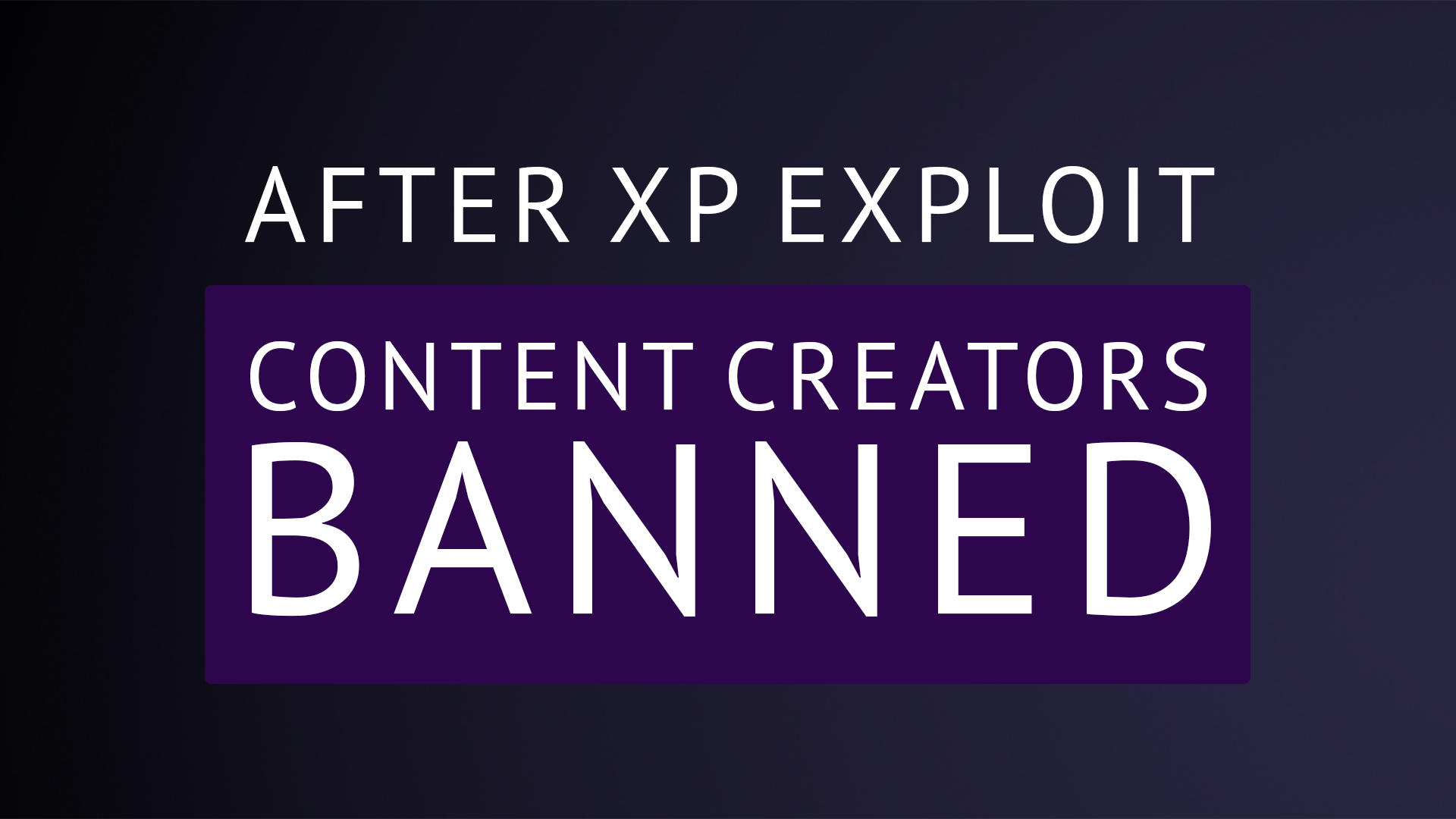Valve has sent shockwaves through the Counter-Strike 2 (CS2) community with the recent decision to impose one-year trade bans on several high-profile content creators, including ArrowCS, epidemic, duwap, renyan, and Dona. These creators were found guilty of exploiting a bug in the game’s matchmaking lobbies to farm experience points (XP) rapidly. The XP was crucial to earning Armory Credits through the Armory Pass, a key component of the latest CS2 update.
This scandal highlights Valve’s zero-tolerance policy when it comes to maintaining the integrity of the game’s economy and progression system.
The Exploit: What Happened?
The bug in question was tied to CS2’s Armory Pass, a system that rewards players with Armory Credits, which can be used to unlock various in-game items and cosmetics. To earn these credits, players need to accumulate experience points by participating in the various gamemodes on official Valve servers.
However, savvy players discovered a flaw in CS2’s matchmaking lobbies that allowed them to farm XP at an abnormal rate, essentially bypassing the need for regular gameplay. Exploiting this glitch enabled them to gain an unfair advantage by collecting Armory Credits much faster than intended.
While many players may have stumbled upon the bug innocently, Valve’s investigation revealed that some, including popular content creators, were deliberately abusing the exploit for personal gain. Given the influence and visibility of these creators in the CS2 community, the scandal took on a life of its own.
Valve’s Response: The One-Year Trade Ban
On October 8, 2024, Valve took decisive action, issuing one-year trade bans to several prominent content creators. The ban means that these individuals will be unable to trade, sell, or otherwise interact with CS2’s in-game economy until October 1, 2025.
While their accounts are not permanently banned from playing, the inability to trade items is a significant blow. Skins, cases, and other in-game cosmetics are a vital part of the Counter-Strike ecosystem, and for many creators, engaging with the marketplace is a key aspect of their content.
These creators have amassed large followings on platforms like Twitch and YouTube, and their involvement in this scandal raises questions about the impact their actions may have on their audiences, many of whom may have been unaware of the exploit.
The Fallout: Community Reactions
The Counter-Strike community has been divided over Valve’s decision to issue these trade bans. On one hand, many players have expressed support for the move, praising Valve for protecting the integrity of the game. In a competitive and community-driven game like CS2, the fairness of the Armory Pass system is crucial to maintaining trust in the rewards players earn.
On the other hand, some argue that the punishment is too harsh, especially for creators who rely on the game’s economy and trading system to generate content and income. Others have noted that some of these creators may not have fully understood the extent of the exploit they were using, especially given the lack of initial clarity about the bug from Valve.
Lessons Learned: The Importance of Integrity in CS2
Valve’s decision serves as a reminder to both players and creators about the importance of maintaining integrity in gaming. Exploits and bugs will inevitably surface in any game, especially one as complex as Counter-Strike 2. However, how players respond to these bugs can make a significant difference in the long term.
The high-profile nature of this ban also signals to content creators that their actions are under a much larger microscope. Whether they intend it or not, their actions have the potential to influence thousands of players. Valve’s message is clear: no one is above the rules, and even influential creators will face consequences if they step out of line.



